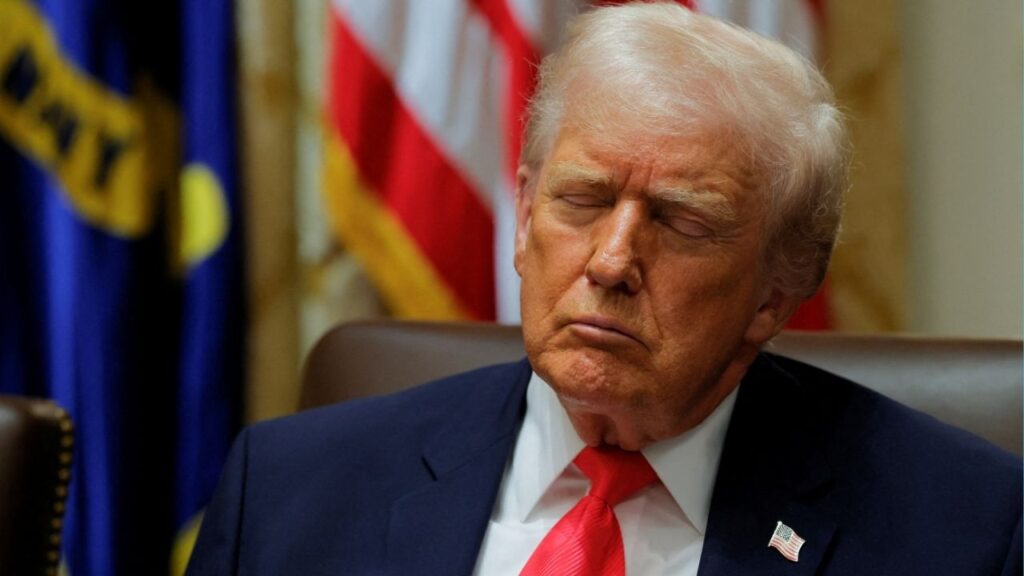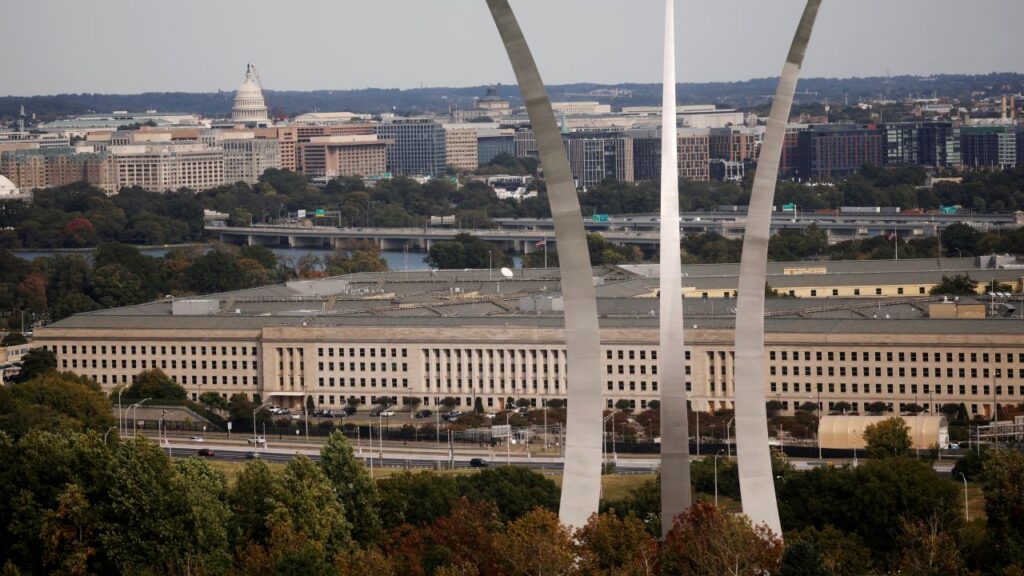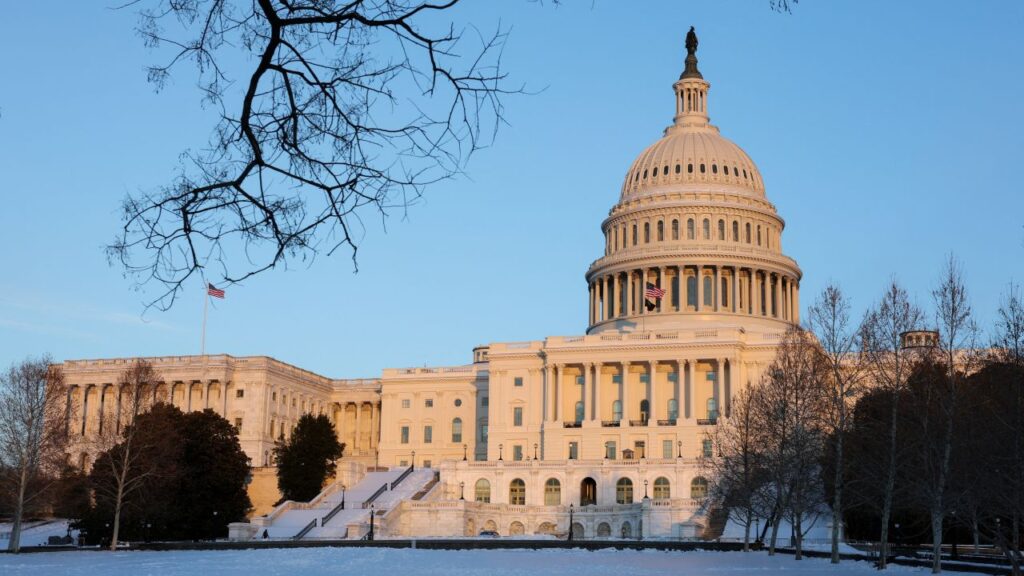Share
Imagine there was a store where there were no prices on items, and you never knew what you’d pay until you’d picked out your purchases and were leaving the shop. You might be skeptical that the store would have any incentive to offer reasonable prices.

Opinion
Zack Y. Brown
Hospitals have resisted disclosing prices, leading policymakers to consider laws requiring price transparency. This issue has taken on increasing urgency, as patients face increasing out-of-pocket costs. In addition, prices vary widely across hospitals. The same lower limb MRI can cost US$700 at one hospital and $2,100 at another. This means that there are large potential savings if patients switched to less expensive options.
There was a tiny step in this direction on Jan. 1, when all hospitals in the U.S. were required to post their charge prices. However, the list of over 15,000 procedures is notoriously incomprehensible, even for medical professionals. What exactly is a “HC PTC CLOS PAT DUCT ART,” a procedure listed by one Tennessee hospital? Perhaps more importantly, patients’ out-of-pocket costs often depend on the specifics of their insurance plan and the prices that are negotiated by their insurer, meaning the listed prices do not reflect what they actually pay.
For these reasons, many researchers and commentators, including myself, believe that this approach is unlikely to have a meaningful effect on health care costs.
Tools That Patients Can Use
That does not mean that price transparency is hopeless. Recent research shows that price transparency tools that actually have useful, easy-to-use information can benefit patients and reduce health care costs.
Given the limited availability of these tools, a few states have tried to forge ahead on price transparency available to all. New Hampshire provides a particularly well-designed website that gives all insured patients in the state personalized information about prices, letting them easily determine which are the low-cost options.
In an upcoming study, I analyzed the effect of this website using detailed claims data from the state. I found that the website not only helped some patients choose lower-cost options, but it led to lower prices that benefited all patients, including those who did not use the website.
Even though individual patients can save hundreds of dollars by comparing prices, these tools are not yet widely used. In addition, prices are often only available for a small number of procedures. Therefore, overall cost savings are currently quite modest. When I looked at medical imaging procedures in New Hampshire, I found overall savings for patients and insurers of about 3 percent. However, the savings appear to be growing as more people use the website over time and hospitals lower their prices in response.
Imagining a Transparent System
Employer tools and state price transparency websites are a first step, but one could imagine going much further. Hospitals and insurers could be required to publicly disclose the rates negotiated with insurers, making it easy for governments or individuals to design innovative websites and apps using accurate data on prices and insurance policies. Currently, states such as New Hampshire use prices of medical claims in previous years to predict current prices.
Hospitals could also be required to provide a detailed price quote – with a single number summarizing what patient will actually pay – before scheduling any appointment. With the exception of a few medical procedures, such as emergency services, I see no practical reason why billing cannot be determined before a procedure rather than after.

If health care is to be left to market forces, then I believe that those markets should be transparent and competitive. Reining in health care costs will require bold solutions that lift the veil on prices.![]()
About the Writer
Zach Y. Brown, Assistant Professor of Economics, University of Michigan
This article is republished from The Conversation under a Creative Commons license. Read the original article.



















